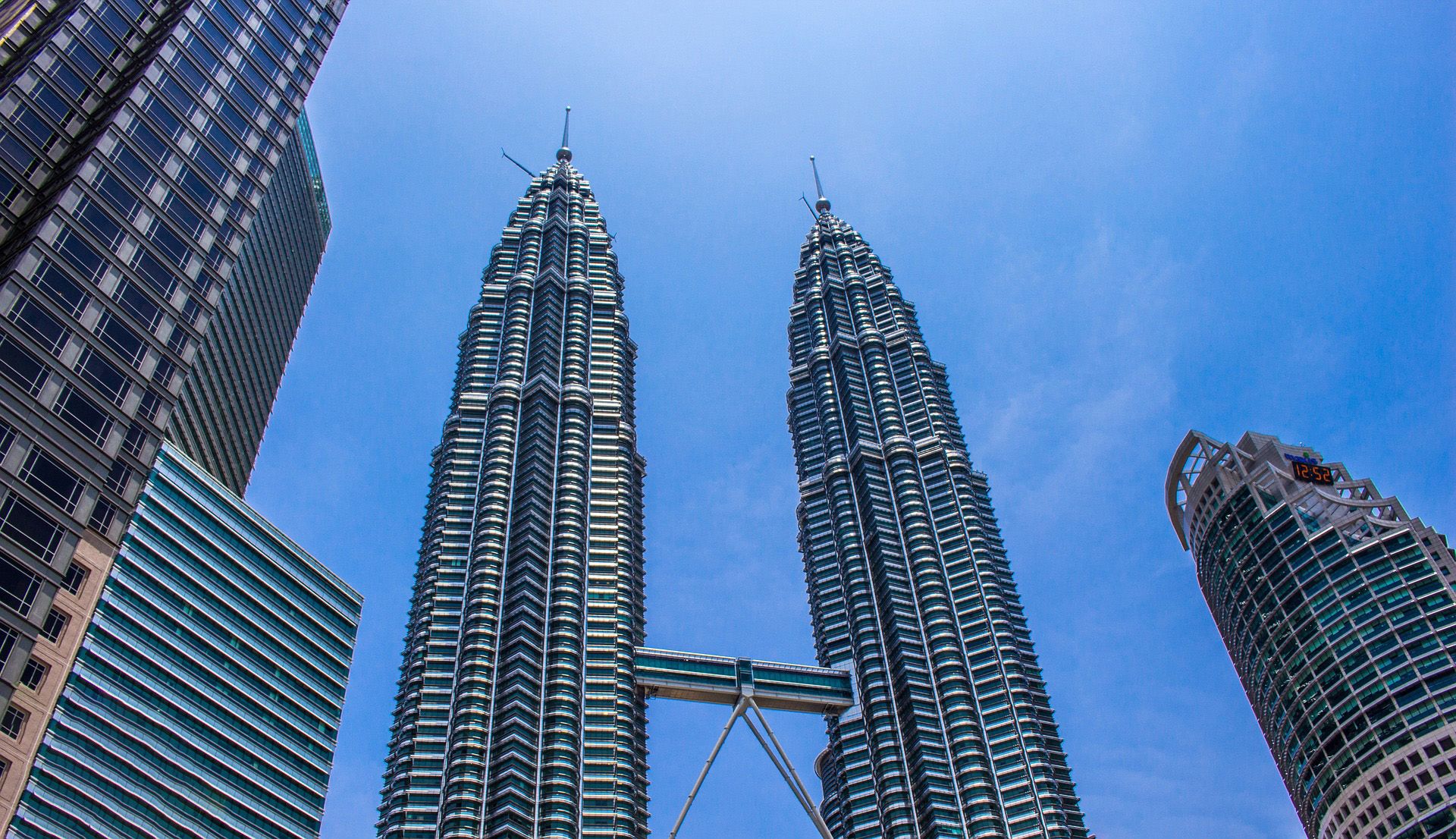Asean's ambitious mergers portal shows cross-border cooperation challenges
Asean's ambitious mergers portal shows cross-border cooperation challenges
This year, Southeast Asia’s competition regulators aim to get a merger information-sharing portal up and running — an initial step toward the larger goal of cooperating on enforcement across borders. Originally scheduled for 2023, the portal illustrates the challenges of coordinating the region’s diverse antitrust regimes.
Keep scrolling for the story from MLex®, or start your 14-day free trial now for full access to our global news and analysis.
10 January 2024
By Jet Damazo-Santos
For competition regulators in Southeast Asia, getting an information portal on merger cases up and running is just an initial step toward the larger goal of cooperating on enforcement across borders.
However, the now-delayed portal illustrates just how challenging it is to coordinate 10 competition regimes within the Association of Southeast Asian Nations, or Asean, that differ not just in legal frameworks but also in maturity.
“They need to secure stronger commitments to implement this effectively,” a source from one of the regulators told MLex.
It’s not that there weren’t any commitments at the start. The 2021-2025 plan of the Asean Experts Group on Competition, or AEGC, set a 2023 target to establish the information portal, in anticipation of more complex competition issues that will exceed “the mandate of single national jurisdictions.”
“In the absence of a supranational competition agency, AMS [Asean member states] need to start laying the foundation for an adequate cooperation mechanism to address competition cases affecting more than one country,” the action plan says.
In theory, the information portal would give all 10 Asean antitrust commissions access to merger notifications submitted to at least one of the region’s regulators. With this, the commissions can conduct early assessments if needed, and coordinate more closely on cross-border cases such as the 2018 Grab-Uber merger that had implications for five markets.
By early 2023, though, it was clear that meeting the original timeline was going to be a challenge.
The AEGC therefore decided to “start small” and aim for “a small-scale pilot information portal” by December that would allow the regulators to see if the platform, which is being developed with the help of the German development agency GIZ, is responsive to their needs.
But during the last AEGC "brainstorming" meeting on the merger portal in Cambodia in early December, the consultants had just presented their proposals for the portal’s contents, functionalities and design, according to the Philippine Competition Commission, or PCC.
The portal’s pilot phase, the commission told MLex, is still targeted for launch within this year.
Confidentiality questions
From the start, the region’s regulators knew setting up the portal would be difficult.
“We need to agree on the type of information to share, something other than what is publicly published. The confidentiality issue is something that we need to solve,” the late Kodrat Wibowo, the former Indonesian competition chief who was chair of the AEGC in 2021, told MLex in an interview that year.
Earlier that year, the Indonesian Competition Commission, or KPPU, was surprised to read newspaper reports saying the leading low-cost airline in the region, AirAsia, was acquiring Indonesian digital platform Gojek’s business units in Thailand. The planned merger information portal is envisioned to prevent these kinds of surprises.
But later, when Malaysia’s competition regulator asked if the KPPU could share information on its review of the merger between Gojek and online marketplace Tokopedia, the Indonesian regulator struggled with the request because of confidentiality issues.
That is the same question many antitrust lawyers in the region have about how the portal will be implemented, particularly because “some jurisdictions explicitly recognize legal privilege in relation to competition law and others do not,” according to David Fruitman, a regional competition advisor at legal and tax advisory firm DFDL.
Usually, merging parties would give specific waivers allowing a regulator to discuss a notified merger with another specific jurisdiction, explained a lawyer from one of the top law firms handling mergers and acquisitions in Singapore.
“There would definitely be concerns I think if documents were to be shared,” he told MLex.
In practical terms, companies would likely be concerned about whether they can choose to have their information shared across jurisdictions, Fruitman added.
This is perhaps why data security was highlighted by Philippine competition chief Michael Aguinaldo as a major challenge facing the portal.
Varying frameworks, maturity
These complex questions are made more challenging by the fact that the competition regimes across the 10 Asean member states vary not just in terms of legal frameworks but also — perhaps more consequentially — in terms of maturity.
Singapore, Indonesia, Malaysia, Thailand and Vietnam sit on the more mature side of the scale. But Malaysia’s competition regulator still does not have merger-review powers, and Vietnam’s new antitrust regulator was just established last year.
But a source from one of the more mature agencies told MLex they had yet to sort out any internal procedures or guidelines on how to share information with the planned portal.
The differing merger regimes also further complicate the process. The Philippines, Thailand, Vietnam and Cambodia have mandatory pre-merger notification requirements. Singapore has a voluntary one, while Indonesia only has a mandatory post-merger regime.
There is also the question of whether an information portal constrained by confidentiality issues would have much practical benefit.
“Inter-agency coordination is always good, but the reality is that a lot of the deals… are not notified in all countries because the thresholds and effects across the region are varied,” the Singapore-based lawyer said.
“Allowing all agencies to understand what the others are reviewing can only be a good thing, but sharing of detailed information about the deals may not have much impact.”
A source told MLex said there were discussions early on about the need to add regional questions to each jurisdiction’s merger-notification forms to gain information that would be relevant to other countries. It’s not clear if that proposal was accepted.
‘Not if, but when’
Despite the challenges, for Asean’s regulators, the information portal will definitely be established because of the rise of cross-border mergers in the region and the increasing closeness of the 10 member countries as an economic community.
“It's not a matter of if, but when,” Nik Hafimi, the chairman of the Competition Commission Brunei Darussalam, said last August.
When it does happen, and if it manages to indeed trigger early assessments and provide merger information that regulators would not be able to find elsewhere, then it could accelerate the AEGC’s journey to cross-border cooperation on enforcement.
But if not, then Asean’s dreams of eventually working together to crack down on cartels together would be delayed even more.
For access to breaking news and predictive analysis on regulatory risk from our journalists across the world, start your free trial today.

More from MLex




